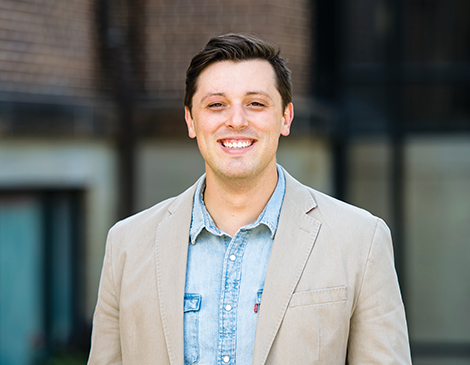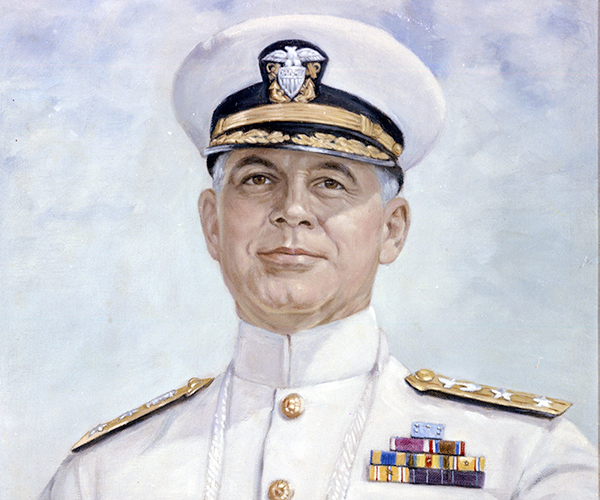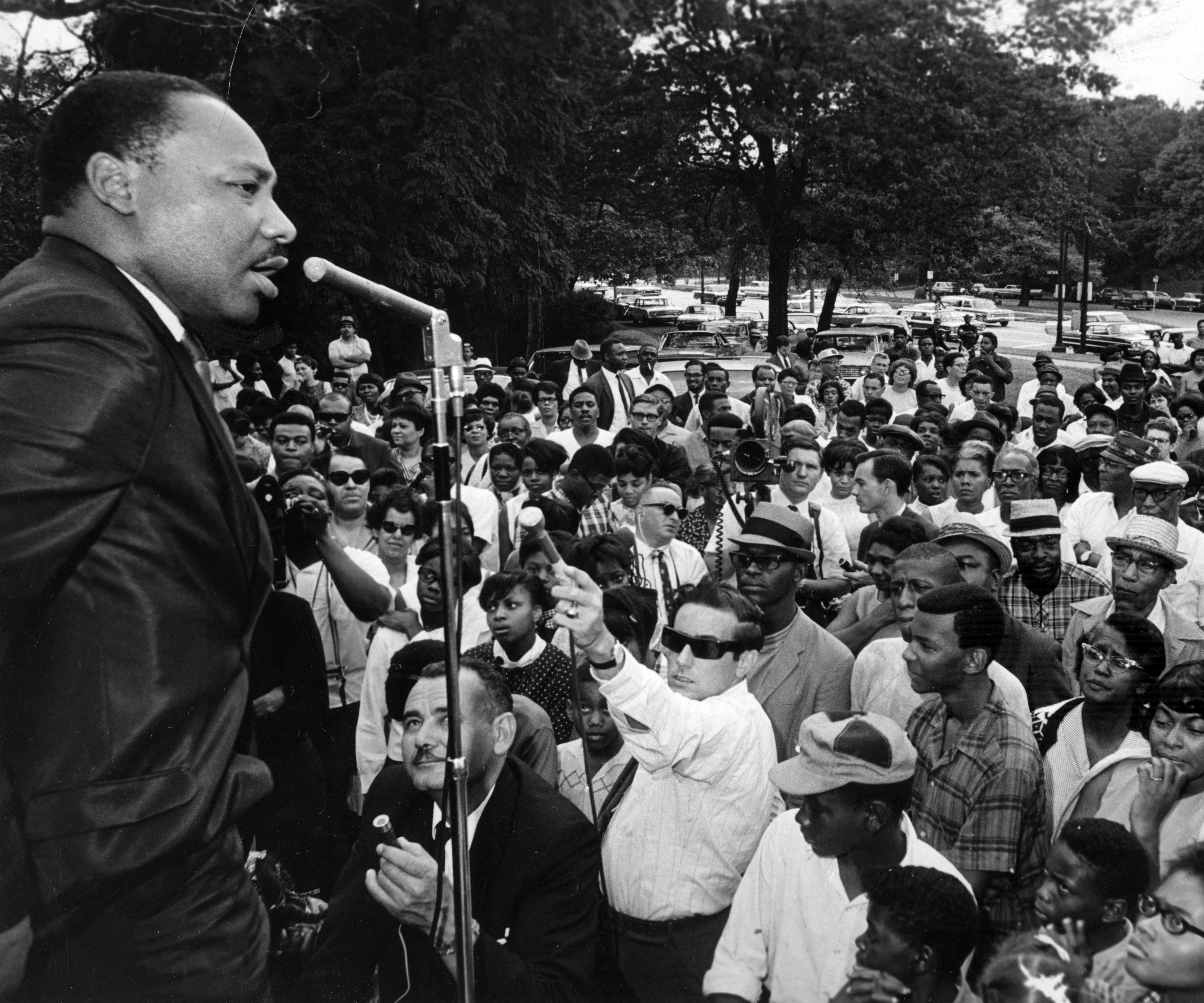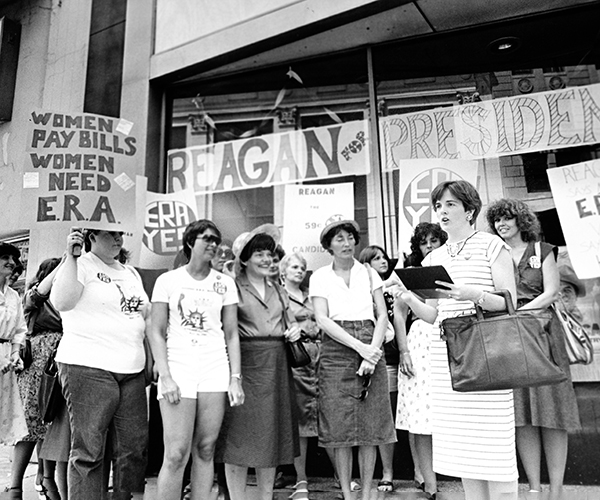I drove into a blurry skyline under a burnt-orange sun on the morning of June 28. I called my wife, who had a rare summer day off, to suggest she shouldn't bring the baby outside. The Northeast Ohio sky was full of smoke from Canada's extreme wildfires.
After hanging up, out of frustrated helplessness, I posted an Instagram story deriding the sins of our fathers. A Cleveland expat now living in Utah responded: "Out West, we deal with this every year. The East Coast gets it once and goes ballistic."
A few hours after telling him to shove it, I got to thinking. Though a bit insensitive, he wasn't wrong.
Why do humans lack the foresight we need to save our own lives? Why do we require tangible, in-your-face
evidence to respect a threat? Too often, we know what we should do, but we simply don't do it until it's too late.
Since scientists first discovered and predicted global warming in the 1800s, we have found hard proof of temperatures rising and connected that rise to greenhouse gases and extreme weather. Yet, even as the effects become unavoidable, we're not doing enough.
We treat our health the same way. A staggering 45% of cancers could be prevented with lifestyle changes. Furthermore, cancer survival rates are as much as 50-100% higher when caught early.
Natalie Herbick took precautions due to her family history with breast cancer. Her story, told in this month's Best Doctors feature, is harrowing — but she's still here to tell it. Now, she hopes it can inspire others to take the early steps necessary to save their own lives.
Get ahead of the weekend by signing up for our free weekly “In the CLE” newsletter — your guide to fun throughout The Land. Arriving in your inbox every Wednesday, this weekend to-do list fills you in on everything from concerts to museum exhibits — and more. Click here to subscribe.




